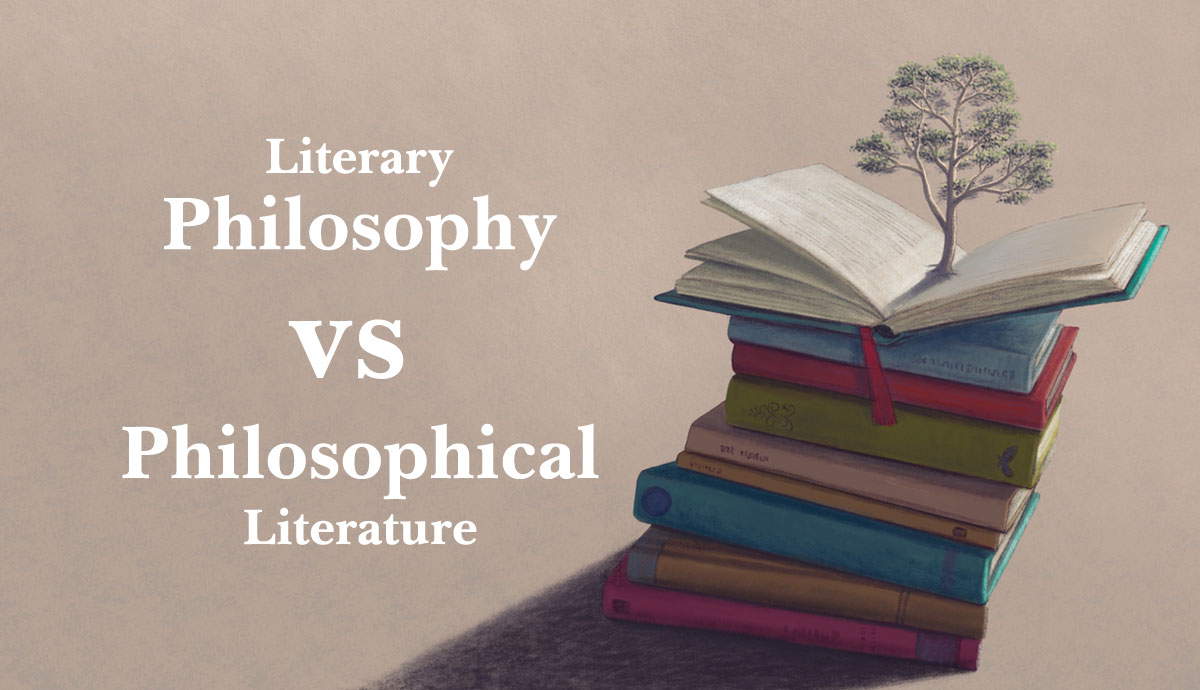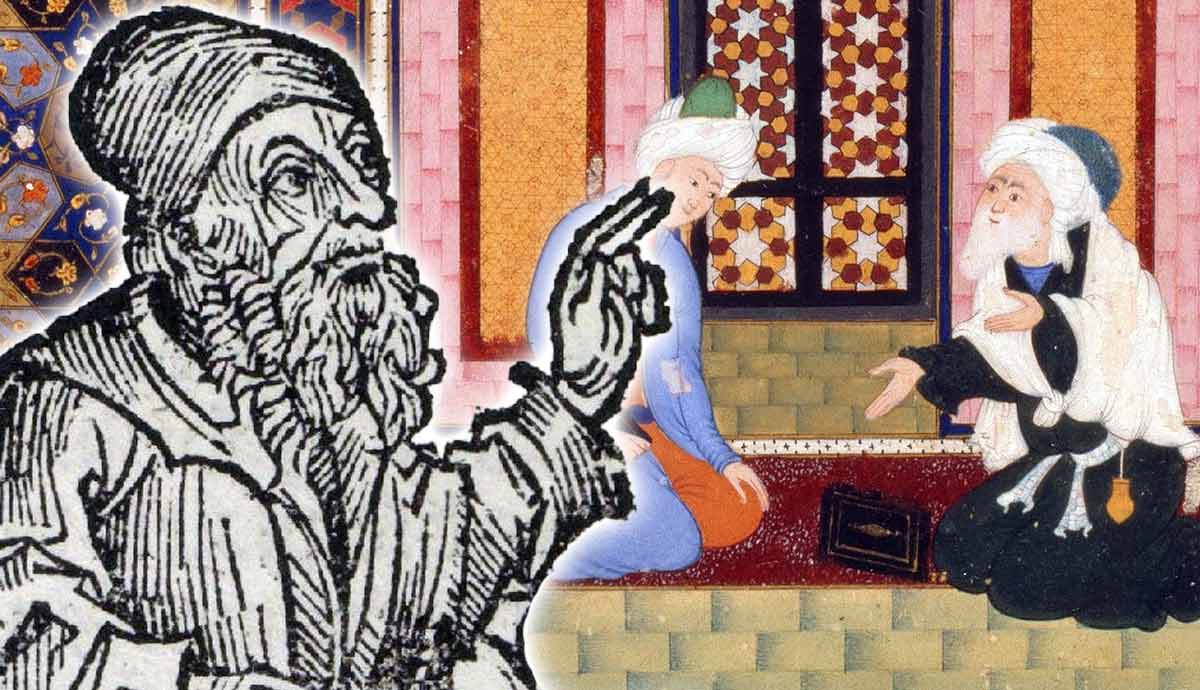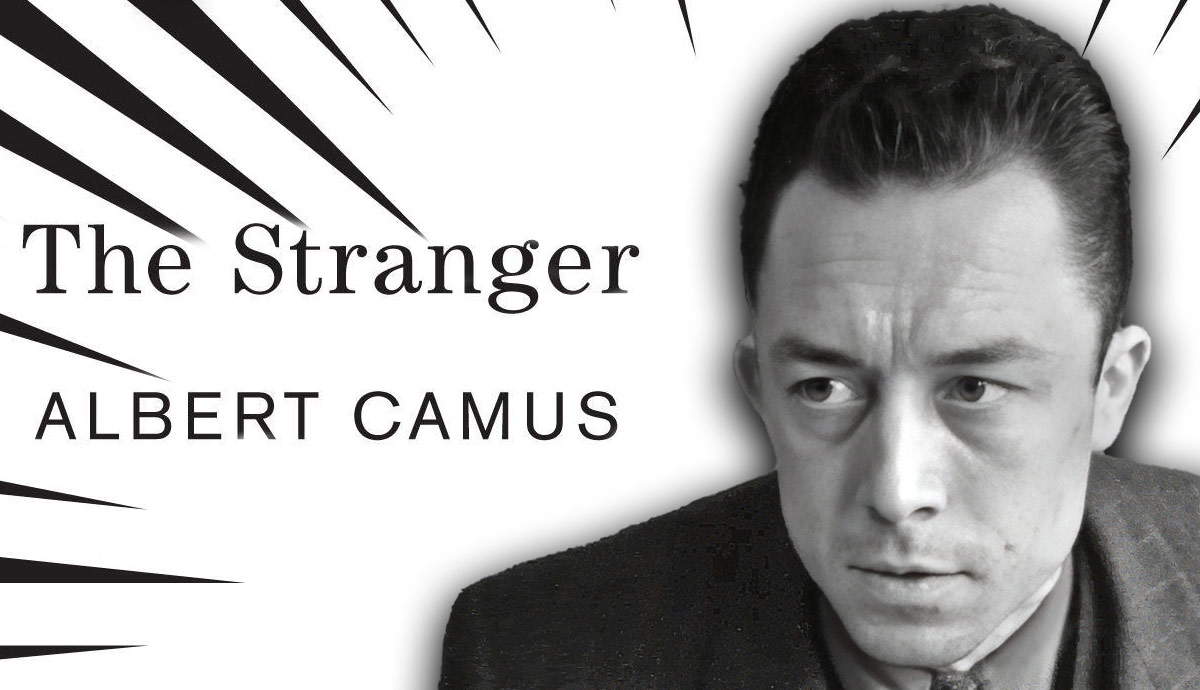
Some of us might be tempted to think that it’s better not to think about misfortune at all. After all, isn’t it just inviting trouble? But the Stoics thought it was beneficial to reflect on misfortune because doing so could help us prepare for it and prevent it from happening in the first place.
They believed that by thinking about the worst that could happen, we would be better prepared to deal with it if it actually did happen. And even if it didn’t happen, the mere act of thinking about it would make us more resilient and less likely to be adversely affected by it.
Thinking About Misfortune: Is It Beneficial? (Yes, According to Stoicism)

We all experience misfortune at some point in our lives. Whether it’s a bout of bad luck or something more serious like an illness or the death of a loved one, we all have to face difficult times. While it’s natural to feel upset and even angry when these things happen, one school of thought says it’s actually beneficial to think about misfortune. That school is known as Stoicism.
The Stoics were a group of philosophers who believed that the best way to live was to focus on what was within our control and accept what was outside our control. They believed that by doing this, we could live a life of tranquility and peace.
One of the Stoics’ most famous sayings was “Memento Mori,” which means “remember your mortality”. In other words, they believed that it was important to remember that we would all die one day. It may sound morbid, but the Stoics thought that by constantly reminding ourselves of our mortality, we would be more likely to live in the present moment and make the most of our lives.
Another key belief of the Stoics was that we should not allow our emotions to control us. They acknowledged that by staying calm and rational, we could better deal with life’s challenges.
So, why think about misfortune? The Stoics considered it a way to train ourselves to be more resilient and calm in the face of difficulty. They also believed that we could live a more peaceful life by accepting the things we cannot change.
Three Main Reasons to Think About Misfortune

Any person periodically reflects on what can go wrong. Usually, we drive away these thoughts from ourselves – and in vain. However, the Stoics believed it was good to imagine misfortune from time to time. Why? A detailed explanation can be found in William Irvine’s A Guide to the Good Life: The Ancient Art of Stoic Joy.
The first reason is obvious – the desire to prevent bad events. Someone, say, considers how robbers can enter their house and puts a strong door to prevent this. Someone imagines what diseases threaten them and takes preventive measures.
The second reason is to reduce the impact of the troubles that do occur. Seneca says, “To bear trials with a calm mind robs misfortune of its strength and burden.” Misfortunes, he wrote, are especially difficult for those who think only about happy things. Epictetus echoes him and writes that everything everywhere is mortal. If we live in the belief that we can always enjoy the things that are dear to us, then we are likely to incur great suffering when we lose them.
And here is the third and most important one. People are unhappy in large part because they are insatiable. Having made considerable efforts to get the object of their desires, they usually lose interest in it. Instead of getting satisfaction, people quickly get bored and rush to fulfill new, even stronger desires.
Psychologists Shane Frederick and George Lowenstein called this phenomenon hedonic adaptation. Here’s an example: at first, a wide-screen TV or an elegant, expensive watch pleases us. But after a while, we get bored and find that we want the TV even wider and the watch even sleeker. Hedonic adaptation affects both careers and intimate relationships. But when imagining losses, we begin to appreciate what we have more.
Negative Visualization of Misfortunes in Practice

The Stoics advised imagining losing what is dear to you periodically. Epictetus also taught negative visualization. Among other things, he urged us not to forget, when we kiss our children before school, that they are mortal and given to us for the present, not as something that cannot be taken away and not forever.
In addition to the death of relatives, the Stoics sometimes called for the visualization of the loss of friends due to death or a quarrel. When parting with a friend, Epictetus advises you to remember that this parting may be the last. Then we will neglect our friends to a lesser extent and get much more pleasure from friendship.
Among all the deaths that must be mentally contemplated, there must be our own. Seneca calls to live as if the last is already this very moment. What does it mean?
Some seem to need to live recklessly and indulge in all sorts of hedonistic excesses. Actually, it is not. This reflection will help you see how wonderful it is to be alive and to be able to devote a day to what you are doing. In addition, it will reduce the risk of wasting time.

In other words, by recommending that we live each day as if it were our last, the Stoics seek to change not our actions but the attitude with which they are performed. They do not want us to stop planning things for tomorrow, but, on the contrary, remembering tomorrow, do not forget to appreciate today.
In addition to parting with life, the Stoics advised imagining the loss of property. In free moments, many are absorbed in thoughts about what they want but do not have. According to Marcus Aurelius, it would be much more beneficial to spend this time reflecting on everything you have and how you might miss it.
Try to imagine what it would be like if you lost your property (including your home, car, clothes, pets, and bank account), your abilities (including speaking, hearing, walking, breathing, and swallowing), and finally, your freedom.
What If Life Is Far From a Dream?

It is important to understand that Stoicism is by no means a philosophy of the rich. Those who lead comfortable and comfortable lives will benefit from Stoic practice — but so will those who barely make ends meet. Poverty can limit them in many ways, but it does not hinder negative visualization exercises.
Take a man whose possessions are reduced to a loincloth. His situation could be worse if he lost his bandage. The Stoics would have advised him to consider this possibility. Suppose he lost his bandage. While he is healthy, the situation may worsen again – and this is also worth bearing in mind. What if his health has gone down? Then this man can be grateful that he is still alive.
It is difficult to conceive of a person who could not get worse, at least in some way. And therefore, it is hard to imagine someone who would not benefit from negative visualization. It’s not about making life as pleasant for those who live in need as it is for those who don’t need anything. It’s just that the practice of negative visualization – and Stoicism in general – helps alleviate need, thereby making the underprivileged not as miserable as they would otherwise be.

Think of the plight of James Stockdale (he ran in the 1992 presidential campaign with Ross Perot). In 1965, Stockdale, a US Navy pilot, was shot down in Vietnam, where he remained a prisoner until 1973. All these years, he experienced health problems and endured miserable conditions of detention and the cruelty of the guards. Yet not only did he survive, but he came out unbroken. How did he do it? Mainly, in his own words, thanks to Stoicism.
True Optimism or Pessimism

Since the Stoics keep running the worst scenarios in their heads, one might think they are pessimists. But, in fact, it is easy to see that the regular practice of negative visualization turns them into consistent optimists.
An optimist is often called someone who sees the glass as half full rather than half empty. But this degree of optimism is just a starting point for a Stoic. Rejoicing that the glass is half full and not completely empty, one will express gratitude that they have a glass at all: after all, it could have been broken or stolen.
Anyone who has mastered the Stoic game to perfection would then notice what a wonderful thing these glass vessels are: cheap and very durable, they do not spoil the taste of the contents, and – oh, the miracle of miracles! – allow seeing what is poured into them. The world never ceases to amaze the one who has not lost the ability to rejoice.
Exercise, Not Anxiety

Won’t imagining unhappiness worsen your state of mind? It would be a mistake to think that the Stoics are always preoccupied with thoughts of potential troubles. They think about misfortunes from time to time: several times a day or a week, the Stoic pauses in one’s enjoyment of life to imagine how absolutely everything that brings them pleasure can be taken away.
Also, there’s a difference between imagining something bad and worrying about it. Visualization is an intellectual exercise that can be done without letting emotions get involved.
Let’s say a meteorologist can imagine hurricanes all day long without constantly fearing them. In the same way, the stoic represents the misfortunes that can happen without being disturbed by them. Finally, negative visualization does not increase anxiety but pleasure in the world around us to the extent that it does not allow us to take it for granted.
The Wisdom of Stoicism: It Is Beneficial to Think About Misfortune!

According to Stoicism, thinking about misfortunes serves as a powerful antidote. By consciously reflecting on the loss of what is dear to us, we can learn to cherish it again, resurrecting our ability to enjoy it.
Negative visualization does not have all of the disadvantages of misfortune itself. It can be dealt with immediately and does not require us to wait for who knows how long, like a disaster. Unlike the latter, it does not threaten your life.
Finally, it can be invoked multiple times, allowing for its beneficial effects to take place, as opposed to catastrophic ones.
That’s why it’s a great way to re-learn to appreciate life and regain your ability to enjoy it.










